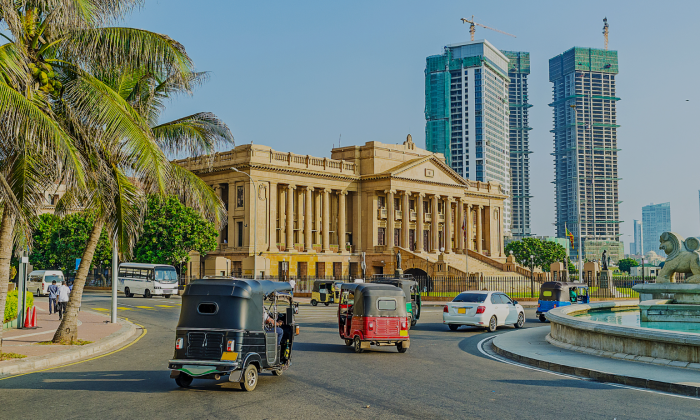


Foreign Affairs Minister Ali Sabry unveiled the government's ambitious plan to finalize foreign debt restructuring, aiming to slash outstanding payments by approximately $17 billion by next month. This strategic move involves negotiations with private investors associated with sovereign bonds, potentially reducing debt burdens through principal reductions, lower interest payments, or extended repayment timelines. Simultaneously, diplomatic efforts have been intensified, highlighted by recent high-level visits, including Japanese Foreign Minister's endorsement of Sri Lanka's economic reforms and the inauguration of the Uma Oya project with Iranian President's visit, contributing 120 megawatts to the energy grid. Adherence to a non-aligned foreign policy has garnered support from major partners like the US, France, India, and China, crucial during negotiations with the IMF, with progress made in debt restructuring backed by the Official Creditor Committee and key countries like India, Japan, and the Paris Club. Strengthening ties with China and India, as evidenced by Prime Minister Dinesh Gunawardena's recent visit to China and significant Indian investments, underscores Sri Lanka's commitment to fostering economic growth through international partnerships.
Furthermore, Minister Sabry disclosed Saudi Arabia's interest in investing in Sri Lanka, tapping into Middle Eastern countries' desire to diversify their economies away from fuel dependency. Diplomatic initiatives are also underway to address pressing issues such as retrieving Sri Lankans detained by smugglers in Myanmar and safeguarding youth involved in mercenary forces linked to the Russia-Ukraine conflict, with engagements with Russian security authorities already in motion. These multifaceted efforts reflect the government's proactive approach to navigating economic challenges, leveraging diplomatic relations, and capitalizing on international investment opportunities to bolster Sri Lanka's development trajectory.